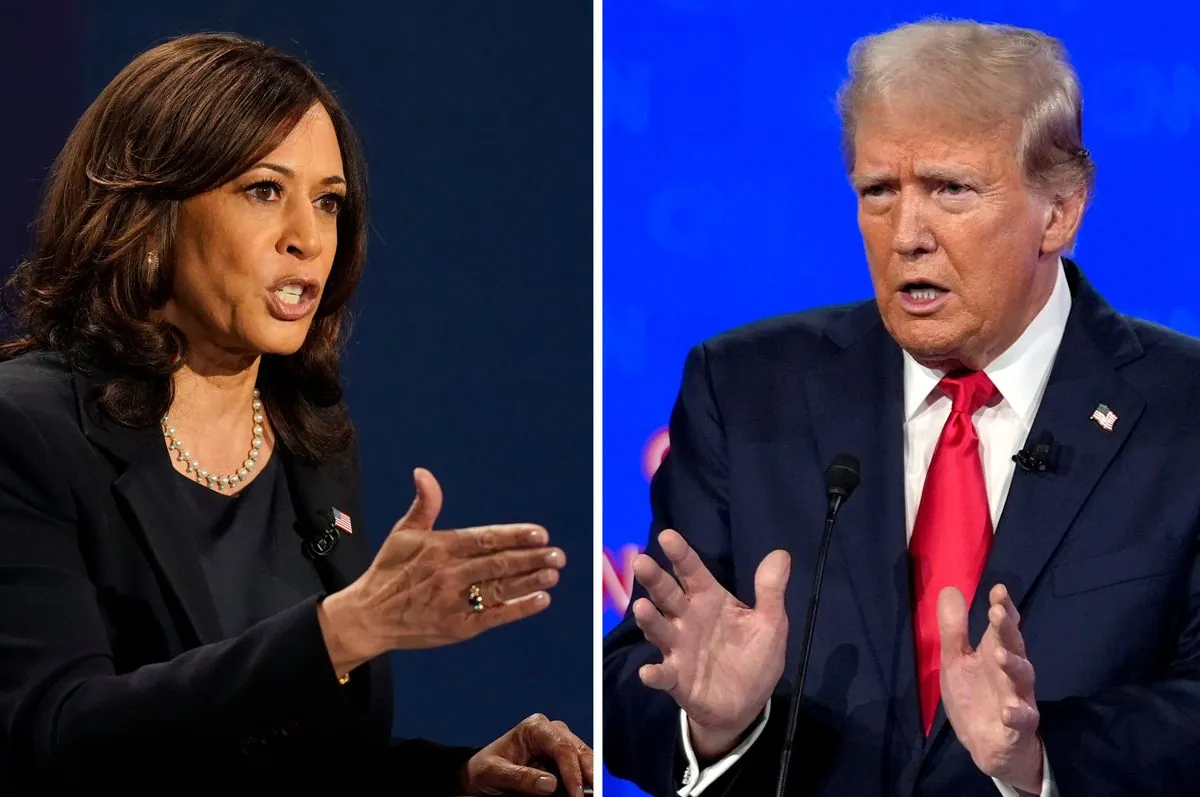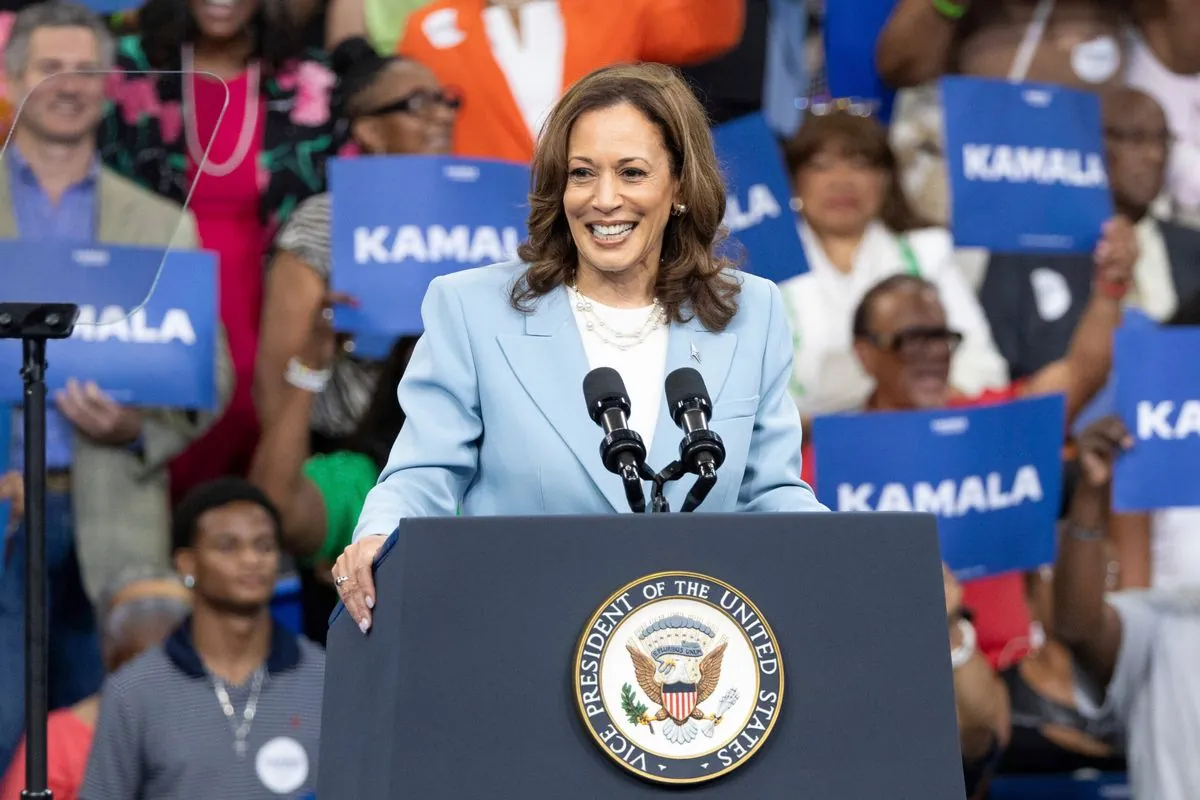Trump Debates, Middle East Tensions, and Scientific Innovations Dominate Headlines
From political maneuvering to international conflicts and cutting-edge research, this week's news spans global issues. Key developments include Trump's debate strategy and efforts to combat climate change.

In the realm of U.S. politics, Donald Trump has indicated he might not participate in the upcoming debate with Vice President Kamala Harris, scheduled for September 10, 2024. This decision comes as Harris gains momentum in national polls and swing states. The Vice President's campaign reports a substantial fundraising boost of $540 million since last month.
"We are considering all options for the upcoming debate, focusing on what's best for the American people."

Internationally, tensions have escalated between Israel and Hezbollah, with both sides engaging in significant military actions. Israel launched preemptive strikes on numerous Hezbollah targets in Lebanon, while the Iran-backed group retaliated with rocket fire into Israel. This marks the most intense conflict along Israel's northern border since the Gaza war began in October 2023.
In Germany, a tragic incident unfolded as a mass stabbing at a festival in Solingen resulted in three fatalities and eight injuries. Authorities have detained a Syrian man, with German prosecutors investigating potential terrorism links after the Islamic State claimed responsibility for the attack.
The yachting community was shaken by a devastating incident in Sicily, where a superyacht sank during a violent storm, claiming seven lives. Among the victims was 18-year-old Hannah Lynch, daughter of British tech entrepreneur Mike Lynch. Italian authorities have initiated a manslaughter investigation but have yet to identify a suspect.
In Massachusetts, several towns near Boston are advising residents to remain indoors during nighttime hours due to an outbreak of Eastern equine encephalitis (EEE), a rare but deadly mosquito-borne disease. Climate change has extended the mosquito season in New England, increasing the risk of such outbreaks.
NASA has announced a change in plans for returning astronauts from the International Space Station. Due to issues with Boeing's Starliner spacecraft, the space agency will now use SpaceX's Dragon capsule to bring home two astronauts in February 2025. This decision represents a significant setback for Boeing's space program.
In the realm of environmental science, researchers are exploring innovative ways to reduce methane emissions from cattle. Scientists in California are developing a probiotic pill that could potentially transform a cow's microbiome from birth, aiming to mitigate the animal's contribution to global warming.
These diverse news stories highlight the complex challenges and advancements shaping our world, from political strategies and international conflicts to scientific innovations addressing climate change.


































